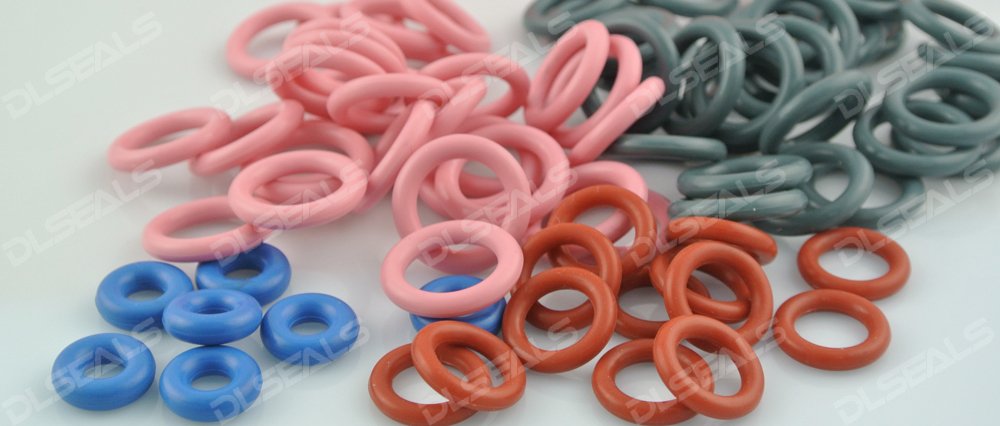Natural rubber seals are an integral component in various industrial machinery, known for their cost-effectiveness and reliable performance. These seals are widely used in numerous applications due to their excellent properties and economic advantages. This article explores the cost-effectiveness of natural rubber seals, their benefits, and their applications in industrial machinery.
Benefits of Natural Rubber Seals
1. Affordability
One of the primary advantages of natural rubber seals is their affordability. Natural rubber is readily available and less expensive compared to synthetic alternatives. This makes it a cost-effective choice for manufacturers looking to reduce production costs without compromising on quality.
2. Elasticity and Flexibility
Natural rubber exhibits superior elasticity and flexibility, allowing it to return to its original shape after deformation. This property is essential for creating tight seals that can withstand varying pressures and movements in industrial machinery.
3. Excellent Sealing Properties
Natural rubber seals provide excellent sealing capabilities, effectively preventing leaks and ensuring the smooth operation of machinery. Their ability to form a tight seal helps in maintaining the integrity of the system, reducing the risk of contamination and damage.
4. Resistance to Wear and Tear
Despite its natural composition, natural rubber is highly resistant to wear and tear. It can endure repeated compression and elongation cycles, making it a durable option for industrial applications.
5. Chemical Resistance
Natural rubber seals offer good resistance to many chemicals, including acids and alkalis. This chemical resistance enhances their suitability for use in various industrial environments where exposure to corrosive substances is common.
Applications of Natural Rubber Seals in Industrial Machinery
Natural rubber seals find extensive applications in various industrial machinery due to their cost-effectiveness and reliable performance. Some common applications include:
1. Hydraulic Systems
Natural rubber seals are widely used in hydraulic systems to prevent fluid leakage and maintain pressure. Their elasticity and sealing properties make them ideal for use in hydraulic cylinders, pumps, and valves.
2. Pneumatic Systems
In pneumatic systems, natural rubber seals help in maintaining air pressure and preventing leaks. They are commonly used in pneumatic actuators, compressors, and control valves.
3. Automotive Industry
The automotive industry relies heavily on natural rubber seals for various applications, including engine gaskets, oil seals, and O-rings. These seals play a crucial role in ensuring the efficient operation of vehicles.
4. Manufacturing Equipment
Natural rubber seals are used in manufacturing equipment to prevent leaks and maintain the integrity of the machinery. They are commonly found in equipment such as mixers, extruders, and conveyors.
5. Agricultural Machinery
In agricultural machinery, natural rubber seals are used to prevent leaks and protect components from dust and debris. They are commonly used in tractors, harvesters, and irrigation systems.
Conclusion
Natural rubber seals offer a cost-effective solution for various industrial machinery applications. Their affordability, elasticity, excellent sealing properties, resistance to wear and tear, and chemical resistance make them an ideal choice for manufacturers. By incorporating natural rubber seals, industries can achieve reliable performance and reduce production costs, enhancing overall efficiency and profitability.
Post time: Jul-26-2024

